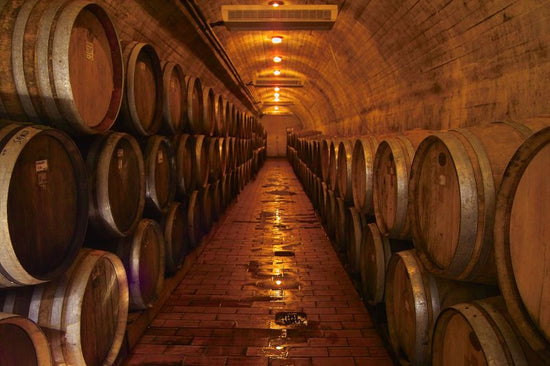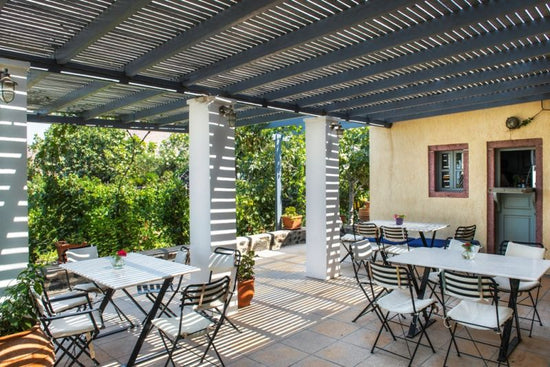DOMAINE SIGALAS MAVROTRAGANO 2014
- Regular price
- 12,980 円(税込)
- Regular price
-
- Sale price
- 12,980 円(税込)
- Unit price
- per
ギフトラッピング・熨斗は、カート画面にて選択いただけます
Couldn't load pickup availability

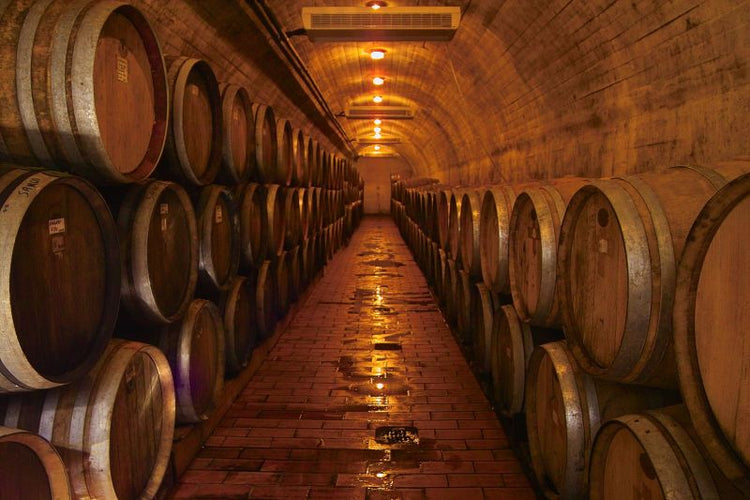
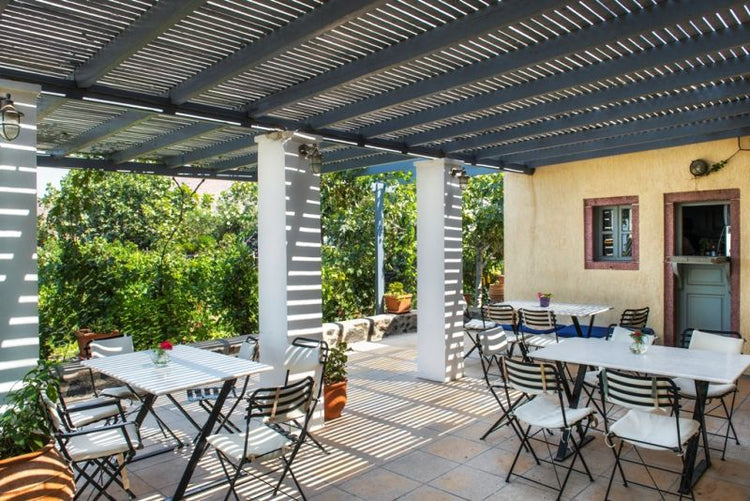
詳細情報
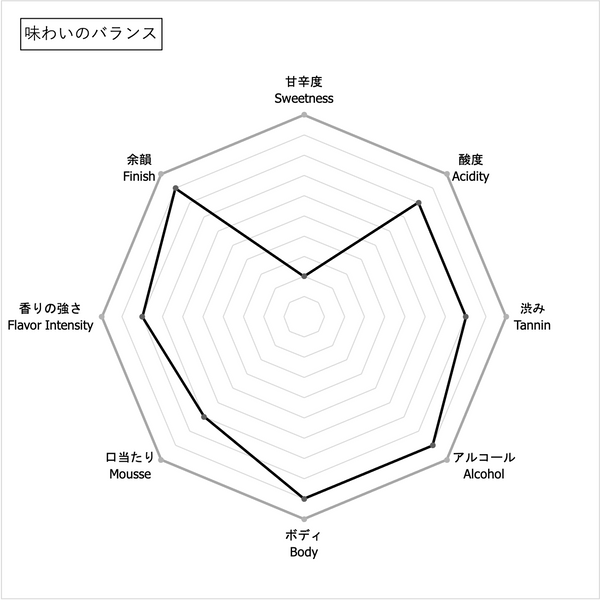
| Vintage | 2014 |
| Color/Type | Red, Dry |
| Body | Full |
| Style | Sustainable & Classic |
| Barrel | Oak Barrels |
| Country | Greece |
| Region | Santorini / Cyclade Islands |
| Grade/Grading | PGI Cyclades (Protected Geographical Indication) |
| Grape Variety | 100% Mavrotragano |
| Alcohol Content | 14.5 |
| Volume | 750ml |
| Type of cork | Cork |
| Serving temperature | 16-18°C |
| Remarks |
About the wine.
The Mavrotragano grape is native to Santorini, but until recently it was only used to make a few sweet wines and was almost extinct. It was almost extinct until recently, when producers in Santorini increased the number of trees one by one from the few remaining old vines, and now it is grown to make excellent red wine. It is characterized by aromas of spices and red fruits, rich and soft tannins, balanced acidity, and a complex finish. It pairs well with cheese and all red meats. It has rich and complex aromas of dried and candied fruits, exquisite structure due to its acidity and finesse, and an impressive finish.

Mavrotragano, which means "black and fresh" in Greek.
About the Winery.
Founded in 1991, the winery is one of the most prestigious in Santorini. The year 2003 was a milestone in strengthening the company's financial position by increasing the number of shareholders. Wines are exported to Japan, Germany, France, Belgium, Austria, the Netherlands, the United Kingdom, Cyprus, Switzerland, Hong Kong, Shanghai, Sweden, Singapore, Australia, Brazil, the United States, and Canada. Today, Domaine Sigalas continues to implement its growth plan based on the three founding principles: a creative relationship with Santorini's traditions, technical knowledge and quality.
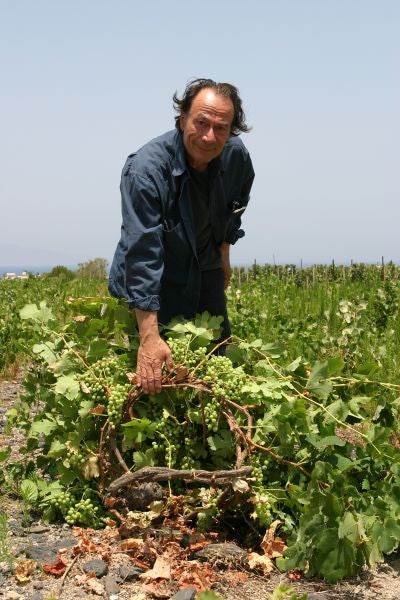
Winemaker Mr. Paris Sigalas
[About Santorini].
Santorini is one of the Cycladic islands in the South Aegean Sea. The viticultural area of the island is about 1,400 hectares, starting at sea level and terraced up to the caldera at 150 to 250 meters depending on the location.
The soil is a mixture of volcanic ash and pumice, and along the entire length of the island there are deposits of large and small rocks composed of magnesium and iron, as well as small and large lava deposits, all of volcanic origin. Pumice, consisting of small to very small porous stones, extends from the surface to a considerable depth.
Santorini's soil is sandy, with layers more than 40 meters thick, about 3600 years old, and unaffected by the underlying layer of semi-crystalline limestone and schist. The presence of large amounts of large and small rocks composed of magnesium and iron define the soil characteristics of Santorini. These formations enrich the soil with calcium, magnesium and iron, producing soils with different moisture contents.
The soil of Santorini is also characterized by a very low content of organic matter. The same is true for the content of nitrogen, phosphorus and most other trace elements. There is very little clay and a very high percentage of sand (93-97%), which creates a harsh environment for the pest called Phylloxera. Phylloxera eradicated most of the world's viticultural areas in the last century, but Santorini has managed to escape its harm.

Santorini's iconic white walls and the blue roofs of its churches
Santorini's viticultural areas are ancient, with varieties dating back to antiquity. Archaeological finds from the excavation of the prehistoric city of Akrotiri provide clear evidence of the existence of vineyards in Thira (Santorini) from around the 17th century BC. However, this prehistoric viticultural area was destroyed by a major volcanic eruption around 1620 BC. Around 1200 B.C., the island was re-inhabited and the vines were restored to the new volcanic soil. It is no exaggeration to say that the viticultural area of Santorini has a history of 3,000 years. Cultivated without interruption to this day, grapes and wine are at the core of the island's economic, social and cultural life.

Viticulture in Santorini has been handed down from generation to generation for 3,000 years.
Santorini has a Mediterranean climate with mild winters, cool summers, and strong north winds that blow for up to a month in the summer. The vines are freed from the heat of the sea breeze by these north winds. The average annual rainfall is up to 350 mm and the average temperature is 16.5οC.
The humidity created by the sea, especially in the caldera due to the high daytime temperatures during the summer nights, falls like a gentle rain on the surface of the soil and grape leaves. This "rain" is called "pusi" (meaning fog rising from the sea) by the locals, and it heals the vines from the high temperatures during the day. The cool air that pours down on the island during the summer nights contributes to the high quality of the wines produced in Santorini due to the large temperature difference between day and night.
Red wineの商品
Greek wineの商品
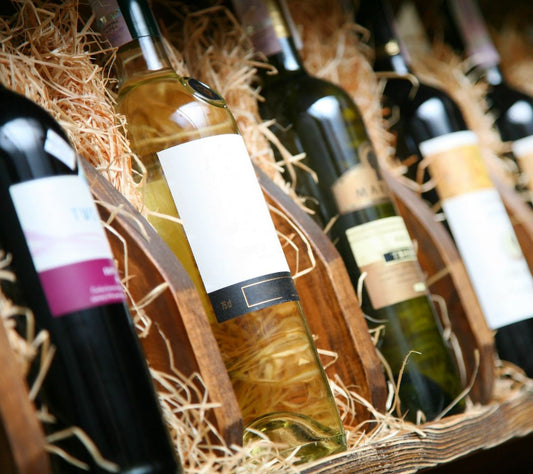
OINOS's ENIGMA monthly wine subscription service!
Each month, OINOS will automatically deliver a rare wine carefully selected by OINOS.
The contents are ENIGMA!
You will have to wait until you receive it.
However, we will send you a combination of wines that will always be a better value than the actual price of your purchase!
We will take the liberty of sending you a type of wine that you might not normally choose on your own!
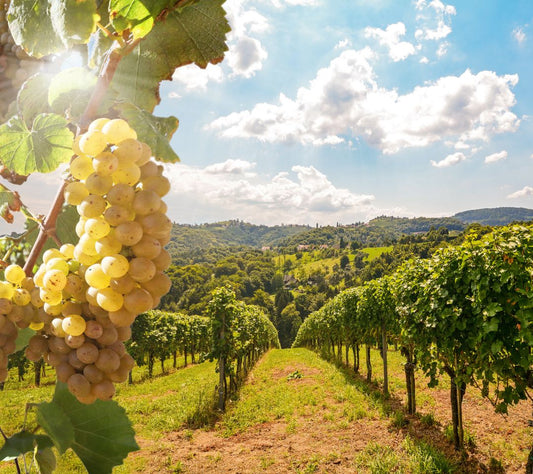
Our commitment to OINOS products
Whether it is a reliable product, an interesting product,
and whether the product is rooted and loved in the area....
We select our products with these considerations in mind.
We select products based on these important factors. We actually visit the site, talk with the creator, face to face, and select only what we think is authenticーー
I think this is much more interesting than chasing temporary fads.
- G.Anastasios -
At OINOS, our representative, who has visited more than 200 production areas, selects only products based on a variety of factors, including the taste of the product, the reliability of the producer, and unique characteristics.


